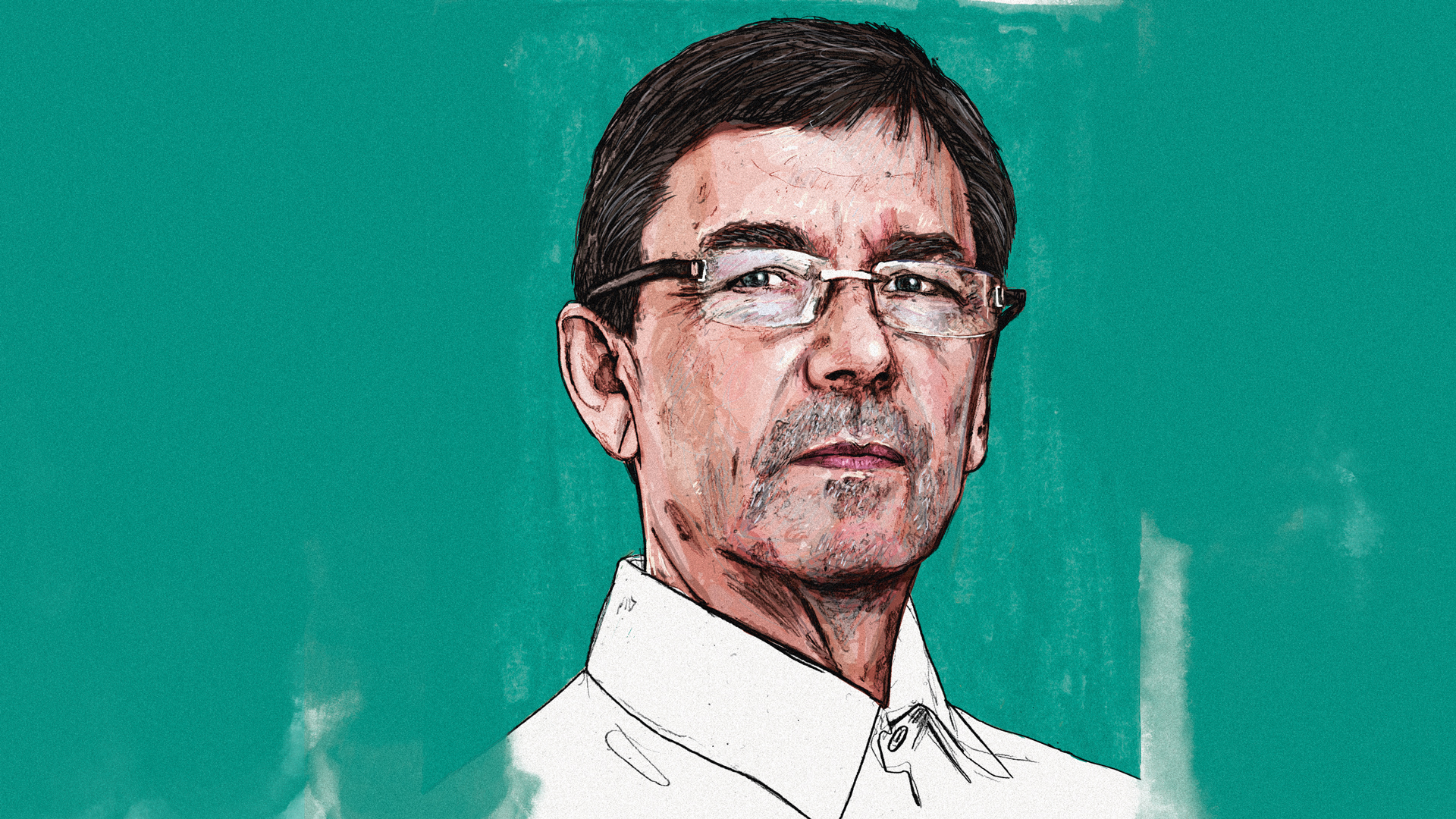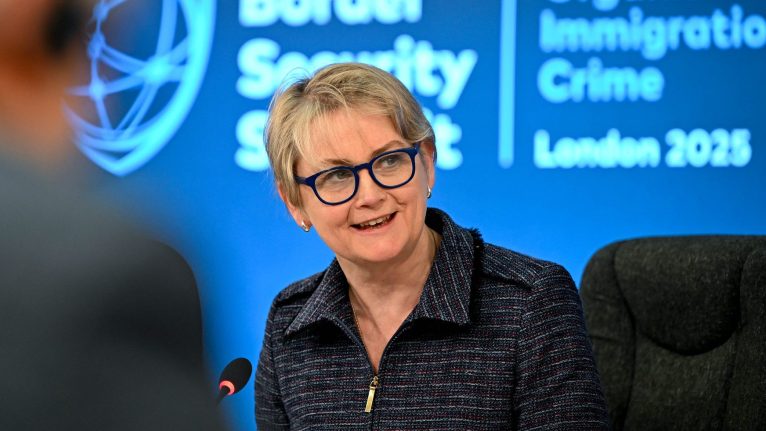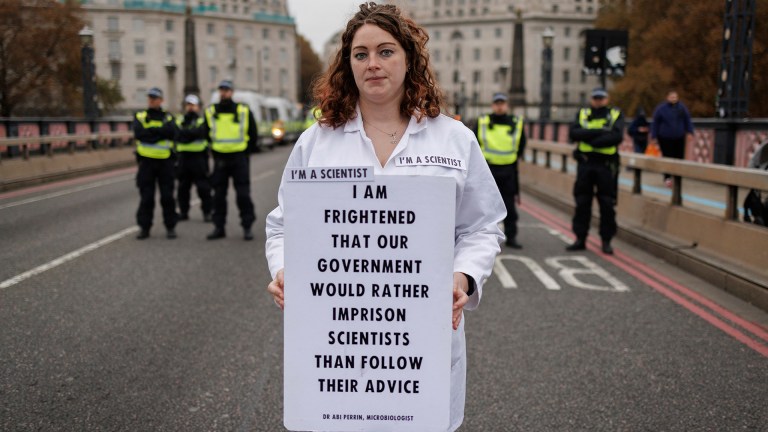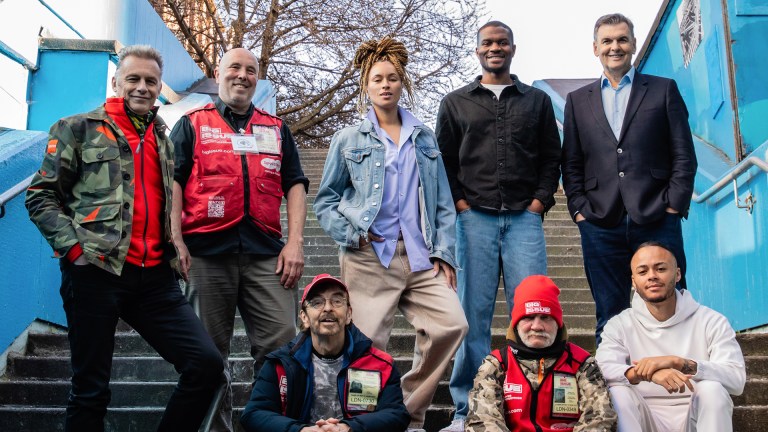It started with Dr Stephen Hetherington’s teenage daughter Amy. Hemiplegic as a result of cerebral palsy, Amy came home from school one day disappointed that she wasn’t able to join in with music lessons. Hetherington sprang into action. The school had no instruments she could play, she said. Nearly nine years later his Birmingham-based charity has gone around the world in search of the most innovative adapted instruments, made them available as part of an affordable national rental scheme and trained teachers to give disabled children as good an education as anyone else. Taking just hemiplegia (a lack of control in one side of the body) as an example, around one in 1,000 UK children are affected.
Hetherington’s life has been music. After studying at what is now known as the Royal Northern College of Music and playing in a number of symphony orchestras in London, he went on to produce theatre, opera and ballet around the world. In 2006, he co-founded HQ Theatres & Hospitality, the second biggest operator of theatres in the UK. Hetherington even headed up the development of one of Britain’s largest National Lottery-funded projects, arts centre The Lowry, which transformed the Salford community. “My first reaction when she said that was the same as the first reaction of many people I meet, which is: no, surely there is something for you,” he tells The Big Issue.
Hetherington’s first act was to look into adaptations, but he realised that the few already out there were very particular to individual disabilities.
“In whole-class teaching, everyone plays the same instrument with one teacher. If you are disabled and you can’t play it, either you’re sent to do something else or you’re sent to the back and you draw or something. It’s very distressing.”
Sitting at home in his armchair, Hetherington explains, he became acutely aware of how limited his own knowledge was. He wondered if he could attract the interest of the best instrument-makers in the world to see what they could come up with.
And in 2011, the OHMI Trust was born – alongside a new competition to design adapted instruments which could be played by someone without one arm and one leg. The first winner, dubbed the toggle-key saxophone, came from the University of Nebraska’s Professor David Nabb, a keen saxophonist who had recently suffered a stroke. The unique key system allows one index, middle or ring finger to play what would usually be played by both hands.










